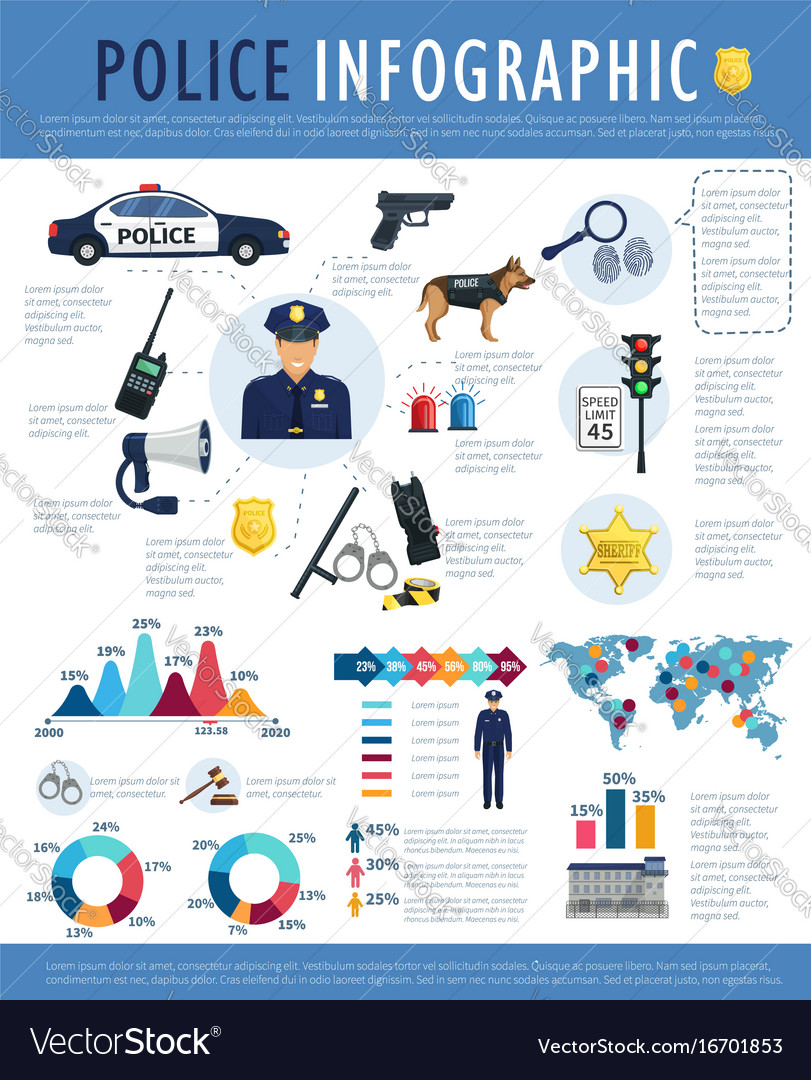Unveiling The Psychology Of White Collar Crooks: Behind The Curtains
Unveiling The Psychology Of White Collar Crooks: Behind The Curtains
Blog Article
Authored By- you can look here
Did you know that behind the polished façade of clerical wrongdoers lies a complex web of psychological inspirations? While criminal defense law firm might assume that these individuals are driven entirely by greed, the truth is much more fascinating.
Delving into the minds of white collar offenders reveals a remarkable mix of characteristic, social factors, and covert desires that add to their immoral actions. Understanding the psychology behind these criminal activities not just sheds light on the motivations behind them, but also raises profound questions concerning our very own vulnerability to lure.
So, what makes these individuals tick? Join us as we discover the fascinating world of clerical wrongdoers and reveal the detailed functions of their minds.
Inspirations for Clerical Crimes
White collar lawbreakers are inspired by different elements that drive them to engage in illegal tasks for personal gain.
Among the primary inspirations for these individuals is financial greed. They're willing to damage the legislation in order to collect wealth and maintain a luxurious lifestyle.
The wish for power and status is one more substantial motivator for clerical offenders. They think that participating in unlawful activities will boost their social standing and give them a sense of prominence and control.
Furthermore, some clerical lawbreakers are motivated by a sense of entitlement. They think that they are entitled to more than what they've and want to cross honest borders to attain their preferred degree of success.
Inevitably, these motivations add to the high occurrence of white collar criminal activities in society.
Emotional Characteristics of White Collar Crooks
As we explore the emotional characteristics of individuals involved in white collar criminal offenses, it comes to be obvious that their motivations for participating in unlawful activities are deeply linked with their individuality features and attitude.
White collar wrongdoers usually show certain emotional characteristics that add to their involvement in deceptive or dishonest behavior. One such attribute is a heightened feeling of entitlement. These individuals usually think that they should have greater than what they have, leading them to take part in illegal tasks to obtain riches or standing.
Furthermore, clerical bad guys often tend to have a high degree of narcissism. They have a filled with air feeling of self-importance, lack empathy for others, and are driven by a wish for adoration and acknowledgment.
https://cheap-dui-attorney-near-m55332.blog-gold.com/31717304/simply-exactly-how-can-criminal-defense-lawyers-debunk-the-legal-process-and-supply-very-useful-solutions-keep-reviewing-to-figure-out but not least, they frequently display a propensity for risk-taking, as they believe they can outsmart the system and avoid discovery.
Recognizing https://trafficdefenselawyer80987.elbloglibre.com/25666912/dui-offenses-explained-when-to-seek-legal-representation-discover-the-vital-factors-to-take-into-consideration-before-looking-for-lawful-help-for-dwi-offenses-and-why-it-s-important-for-your-case can give valuable understandings right into the attitude of clerical crooks and assist in the advancement of reliable prevention and intervention techniques.
Societal Influence of White Collar Crimes
The impact of white collar criminal activities on culture is significant and complex. These crimes have substantial consequences that expand beyond the individuals straight entailed. Here are four methods which clerical criminal offenses impact culture:
- ** Economic damages **: Clerical criminal offenses can result in monetary losses for people, businesses, and even whole economic climates. These criminal activities can interfere with markets, undermine capitalist self-confidence, and cause work losses.
- ** Trust fund disintegration **: Clerical criminal offenses wear down trust in organizations and individuals. When people witness high-level specialists participating in unlawful tasks, it decreases their faith in the system and can bring about a basic skepticism in the direction of authority.
- ** Social inequality **: Clerical criminal offenses usually target vulnerable people or areas, worsening existing social inequalities. These criminal offenses can widen the gap in between the abundant and the inadequate and bolster systemic oppression.
- ** Legal and regulatory adjustments **: Clerical criminal activities prompt the execution of stricter regulations and policies. Culture commonly replies to these criminal offenses by establishing steps to avoid similar cases in the future, making sure greater liability and transparency.
The social impact of clerical criminal activities can not be ignored, as it impacts people, neighborhoods, and the overall textile of culture.
Verdict
Finally, the psychology behind clerical offenders discloses a complicated web of inspirations and traits. These individuals are driven by greed, power, and a sense of entitlement, which can have significant effects for society.
It is necessary to remember that not all criminal activities are committed by those we may commonly associate with criminal habits. As the claiming goes, 'the wolf in lamb's clothing,' reminds us to stay vigilant and wonder about real purposes of those around us.
